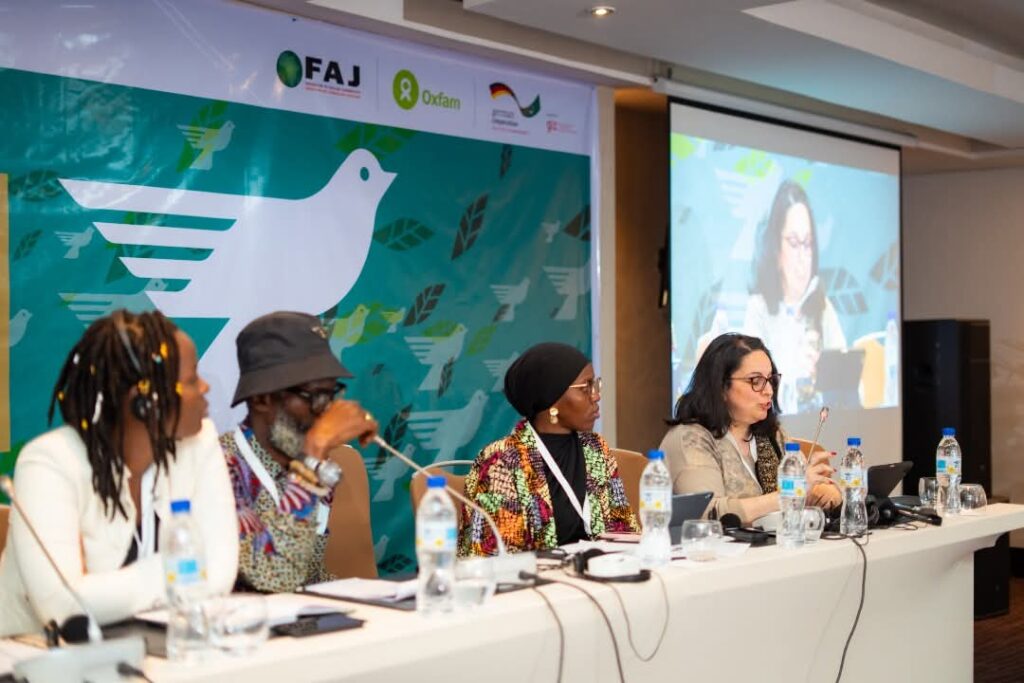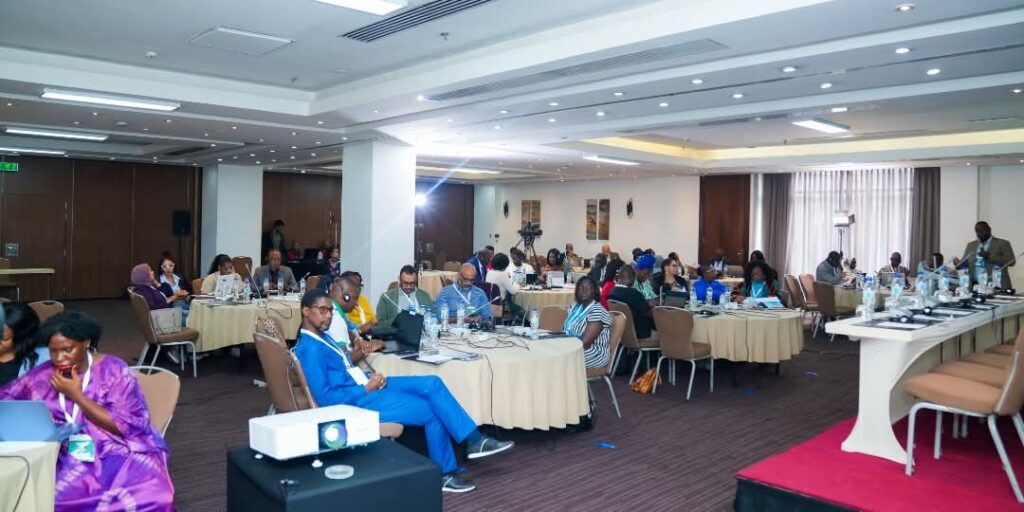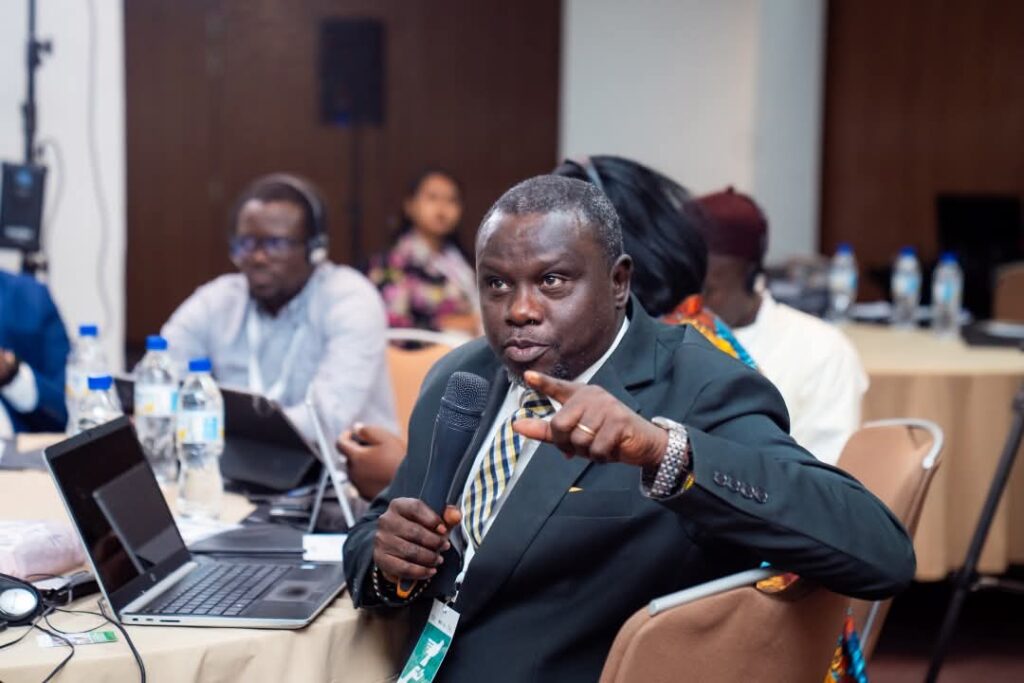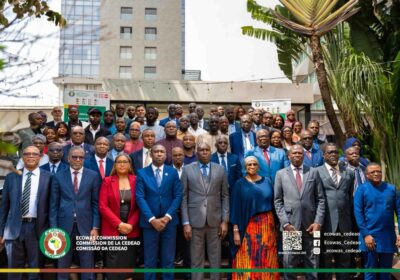Gambia Press Union President,Isatou Keita Rallies African Media to Bridge Climate Policy Gap Ahead of COP30.
By Raymond Enoch
In a major push to amplify Africa’s climate voice ahead of COP30, Isatou Keita, President of the Gambia Press Union (GPU), has called for stronger collaboration between journalists and policymakers. She delivered this message during a high-level panel at the Pre-Summit Forum of the 2nd Africa Climate Summit (ACS2)—a strategic event co-convened by the African Union Commission and the Federation of African Journalists (FAJ), with critical support from Oxfam and GIZ (Deutsche Gesellschaft für Internationale Zusammenarbeit).

The forum serves as a vital precursor to the main Africa Climate Summit, offering a collaborative platform for media practitioners, policymakers, civil society, and climate experts across the continent to align on key messaging, strengthen media engagement, and shape a unified African position ahead of the United Nations climate negotiations at COP30.
Speaking on the panel titled “Aligning Media and Policy Messages for ACS2 and Shaping Africa’s Common Position for COP30,” Keita stressed the media’s pivotal role in translating complex climate policies into relatable public narratives that drive citizen engagement.

“The media is not just a messenger—it is a bridge between climate negotiators and the African people,” she said. “If citizens do not understand, negotiations risk falling flat. But if the people stand with us, Africa will go to COP30 stronger, united, and ready to demand justice.”
Keita emphasized the urgent need for capacity-building programs for African journalists, better access to accurate and localized climate data, and long-term partnerships that elevate the voices of vulnerable communities often left out of climate policy discussions.

The Pre-Summit Forum highlighted growing consensus that Africa’s climate messaging must be people-driven, media-savvy, and grounded in the lived realities of its citizens. By aligning media and policy communication, the forum seeks to ensure Africa’s demands for climate justice are both credible and compelling on the global stage.
“People cannot fight for what they don’t understand,” Keita added. “It is our duty to translate complex climate policies into real stories, lived experiences, and relatable messages that mobilize public support and political will.”
As Africa prepares for COP30, Keita concluded that unified, media-driven climate advocacy is essential to ensure the continent speaks with one voice—firm, informed, and impossible to ignore.







